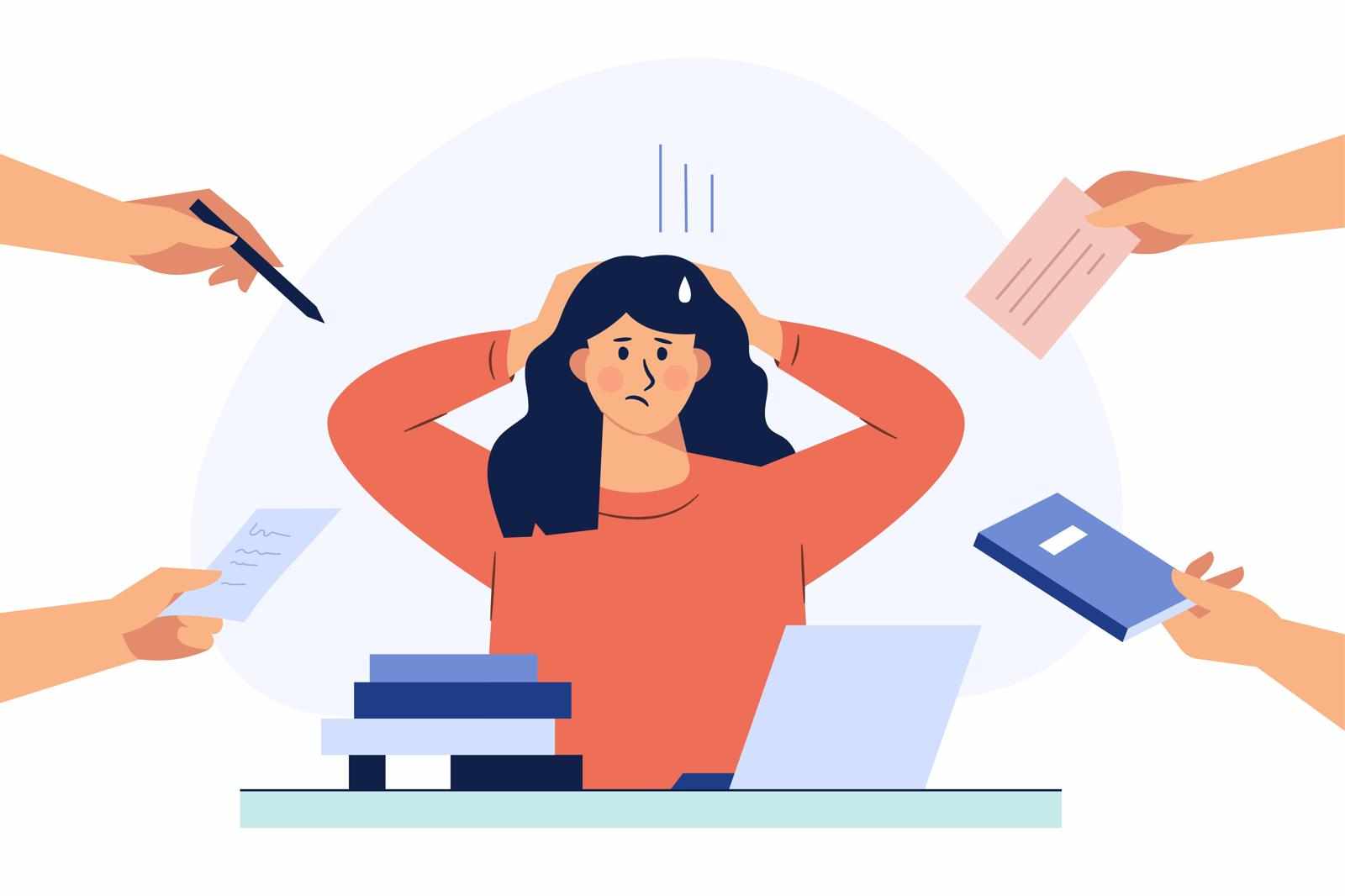
Stress is an inevitable part of life, but managing it effectively is crucial for maintaining overall well-being. Chronic stress can lead to various health issues, including heart disease, depression, and weakened immune function. Fortunately, there are numerous ways to reduce and manage stress, allowing you to live a healthier and more balanced life. Here are some strategies you can incorporate into your daily routine to manage stress effectively.
1. Practice Mindfulness and Meditation
Mindfulness and meditation are powerful tools for reducing stress. These practices involve focusing on the present moment and cultivating a non-judgmental awareness of your thoughts and feelings. By doing so, you can break the cycle of negative thinking that often exacerbates stress. Start with just a few minutes a day, gradually increasing the time as you become more comfortable. Many apps and online resources can guide you through mindfulness exercises and meditation techniques.
2. Exercise Regularly
Physical activity is a natural stress reliever. Exercise increases the production of endorphins, which are chemicals in the brain that act as natural painkillers and mood elevators. Regular exercise can also improve sleep, boost self-confidence, and provide a healthy outlet for releasing tension. Aim for at least 30 minutes of moderate exercise most days of the week. Activities like walking, jogging, yoga, and swimming are excellent choices.
3. Maintain a Healthy Diet
What you eat can significantly impact your stress levels. A well-balanced diet that includes plenty of fruits, vegetables, whole grains, and lean proteins can help stabilize your mood and energy levels. Avoid excessive caffeine and sugar, which can lead to energy crashes and exacerbate stress. Staying hydrated is also crucial, as dehydration can cause fatigue and increase stress.
4. Get Enough Sleep
Adequate sleep is essential for stress management. Lack of sleep can make it more difficult to cope with stress, as it can impair cognitive function and increase irritability. Aim for 7-9 hours of quality sleep each night. Establish a regular sleep schedule, create a relaxing bedtime routine, and ensure your sleep environment is conducive to rest.
5. Develop Time Management Skills
Effective time management can significantly reduce stress. When you have a clear plan and prioritize tasks, you are less likely to feel overwhelmed. Break tasks into smaller, manageable steps and set realistic deadlines. Avoid procrastination, and learn to delegate tasks when possible. Using tools like planners or digital apps can help you stay organized and on track.
6. Build a Strong Support System
Having a network of supportive friends and family can provide emotional comfort and reduce feelings of isolation. Don't hesitate to reach out to loved ones when you're feeling stressed. Talking about your feelings can provide a new perspective and help you feel more understood. If necessary, consider seeking professional help, such as counseling or therapy, which can offer valuable tools for managing stress.
7. Practice Relaxation Techniques
Incorporating relaxation techniques into your routine can help calm your mind and body. Techniques such as deep breathing, progressive muscle relaxation, and guided imagery can be particularly effective. Deep breathing involves inhaling slowly and deeply through your nose, holding your breath for a few seconds, and then exhaling slowly through your mouth. This practice can help slow your heart rate and relax your muscles.
8. Set Boundaries
Learning to set boundaries is crucial for managing stress, especially in work or personal relationships. Don't be afraid to say no when you're feeling overwhelmed or when additional commitments would compromise your well-being. Setting boundaries can help you prioritize your needs and prevent burnout.
9. Engage in Hobbies and Leisure Activities
Engaging in activities you enjoy can be a great way to relieve stress. Whether it's reading, gardening, painting, playing a musical instrument, or participating in sports, hobbies can provide a healthy distraction and a sense of accomplishment. They can also be an opportunity to connect with others who share similar interests.
10. Limit Exposure to Stressors
While it's not possible to eliminate all sources of stress, you can take steps to reduce your exposure to certain stressors. This might involve setting limits on your consumption of news and social media, which can sometimes be overwhelming. It may also include organizing your living and working spaces to create a more calming environment.
Conclusion
Stress is a natural part of life, but it doesn't have to control your well-being. By incorporating these strategies into your daily routine, you can reduce and manage stress more effectively. Remember that everyone's stressors and coping mechanisms are different, so it's important to find what works best for you. Regularly practicing these techniques can lead to a more balanced, healthier, and fulfilling life.
Read more : https://lifeavedahealth.com/blogs/health/best-ayurvedic-medicine-stress-anxiety







Write a comment ...